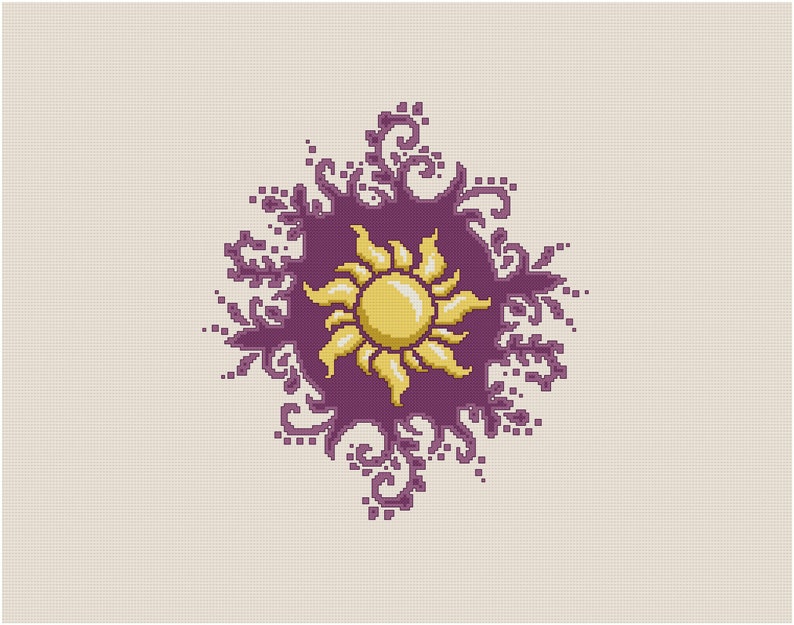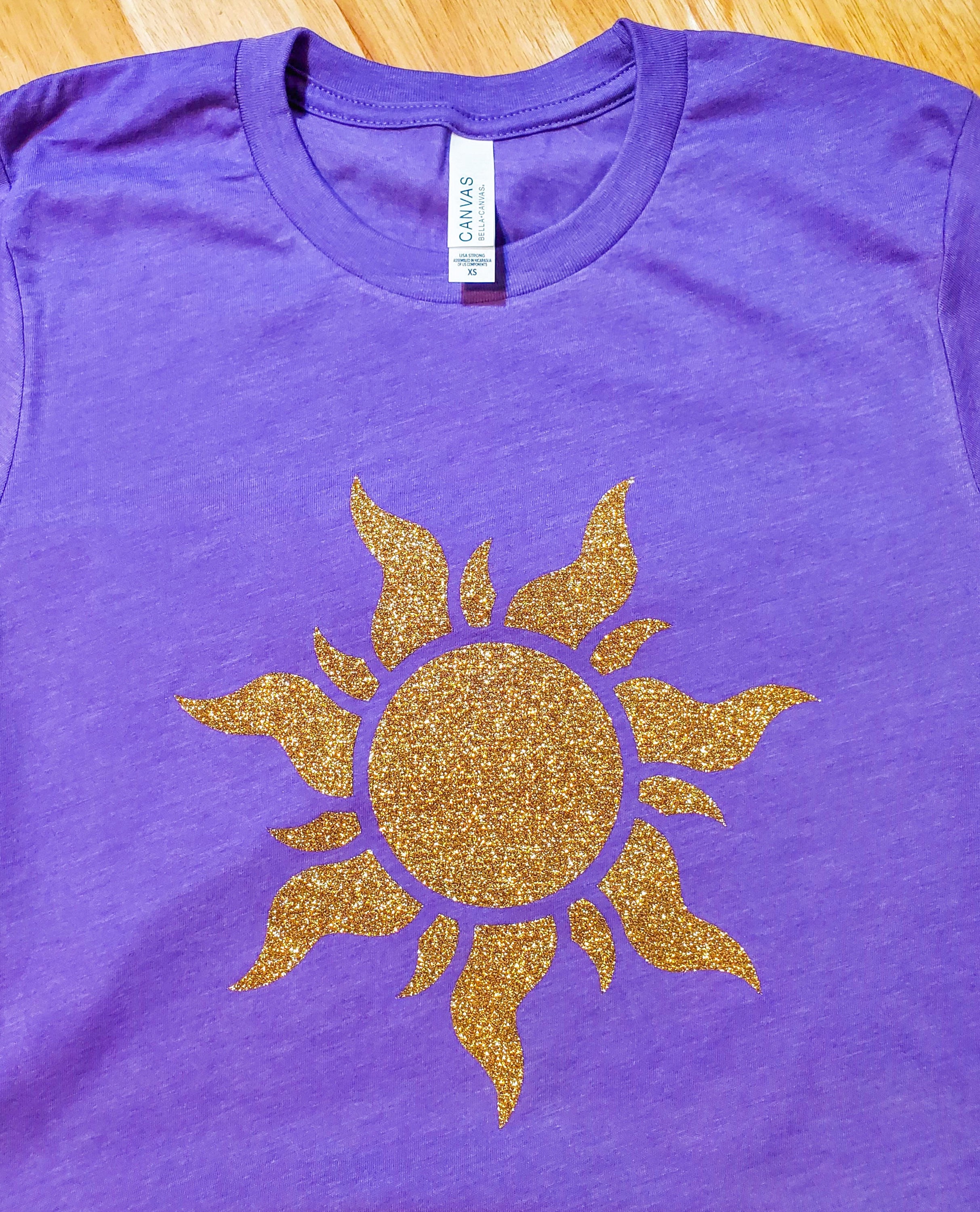
The researchers observed that in Italy, the warmer south was much less impacted than the north.ĭespite the growing evidence, the World Health Organization warns that you can catch COVID-19, 'no matter how sunny or hot the weather is'.Ĭases of the deadly virus have been recorded all over the globe, including in West Africa and the Middle-East. One study by the US National Biodefense Analysis and Countermeasures Center, found coronavirus coughed into the air could be killed in six minutes by strong sun.Īnother, by Harvard University, showed that influenza could survive on surfaces for nearly 24 hours in 43F (6C) dry weather, but died in under an hour in temperatures of 90F (32C).Ī University of Oxford study in May also revealed that while the global coronavirus death rate was 0.2 per cent, in the colder northern hemisphere it was 0.3 per cent. Germicidal UV light is used in hospitals in the US as well as ones run by the NHS in the UK to clean rooms and equipment. Most viruses - such as SARS-CoV-2 - are covered with a thin membrane that is easily broken apart by UV rays.Ī Columbia University study published in Scientific Reports two years ago showed the light can kill more than 95 per cent of pathogens like the coronavirus. It has long been known that UV light has a sterilising effect because the radiation damages the genetic material of viruses and their ability to replicate. It comes as scientists suggested yesterday the multiple outbreaks in meat-packing factories in the UK could be proof that a second-wave is expected this winter, saying it was possible the 'cold environment makes people more susceptible to the virus'.

If that happens and there is another major outbreak, the NHS will once again be at risk of getting overwhelmed. The study adds to fears Covid-19 may return in winter when lockdown restrictions have been eased, daylight hours are shorter and viral illnesses in general are more common. Concerns have been raised that social distancing will become an afterthought and mass gatherings could cause a spike in transmission again.īut the researchers say being outdoors is safer than being cooped up inside, where Covid-19 can survive and stay infectious for days. It comes as millions of Brits are expected to flock to beaches and parks on Thursday when temperatures soar above 86F (30C). Some scientists also believe vitamin D, made in the body when exposed to sunlight, boosts the immune system and helps fight off viruses. When it is coughed or sneezed into the air or onto a surface, UV light will destroy its coating and leave the virus exposed to dry out and decay in the sun. The coronavirus that causes Covid-19 - called SARS-CoV-2 - is covered in a protective casing that degrades under the warmth of the body when it infects someone. Separate studies have claimed the sun can also almost completely wipe out parts of the virus lingering in the air in just six minutes.

Virologists found powerful ultraviolet (UV) light could destroy 90 per cent of Covid-19 that had been coughed or sneezed onto a surface in just half an hour. Sunlight can kill the coronavirus in just 30 minutes, according to a study that comes as the UK gears up for its hottest week of the year.


 0 kommentar(er)
0 kommentar(er)
